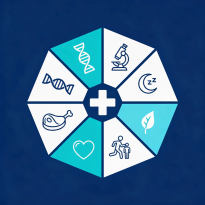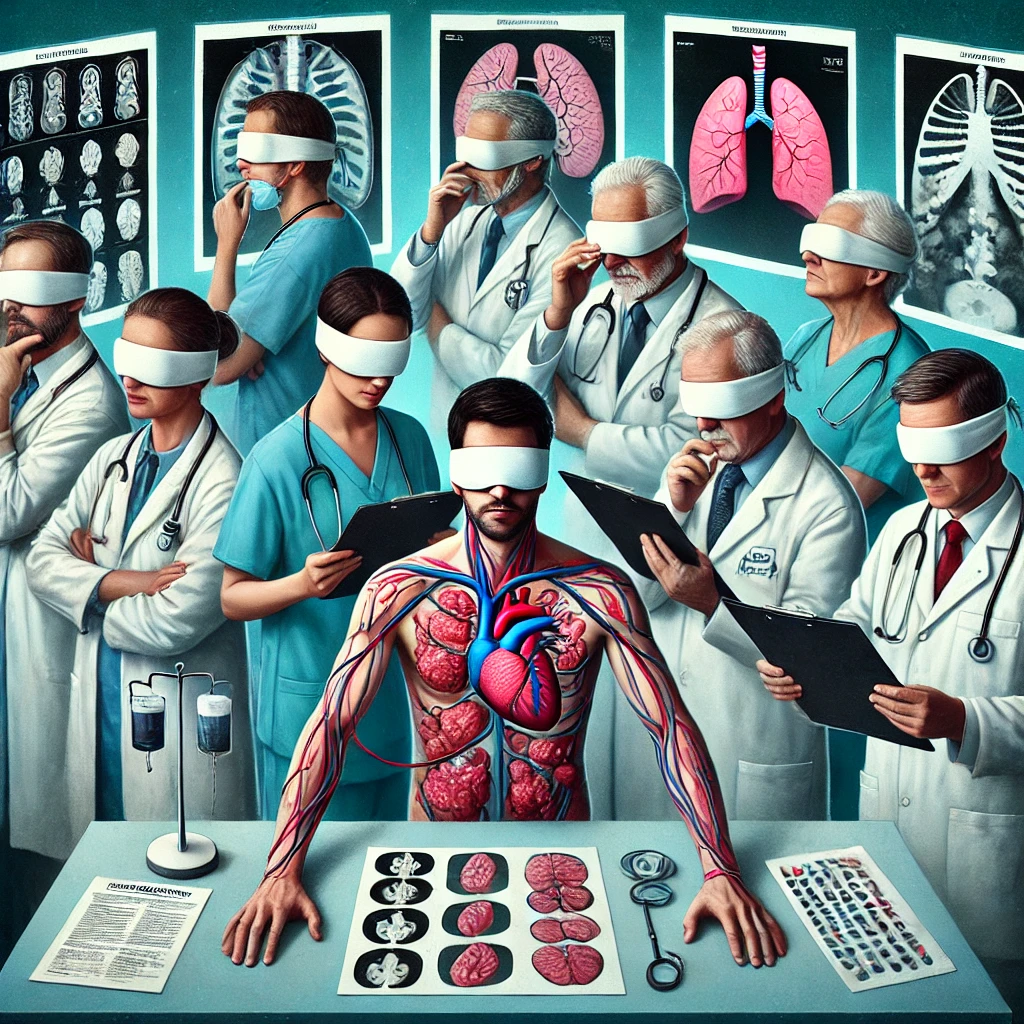7 Problems with Highly Specialized Medical Experts
The Problem with Highly Specialized Medical Experts
The specialization of medicine has undeniable advantages—efficiency, expertise, and targeted treatments. However, there is a growing concern that excessive specialization can lead to fragmented healthcare, where doctors focus solely on their own field while overlooking the bigger picture of a patient’s overall well-being.
A Psychiatrist’s Perspective on Medical Specialization
Dr. Hideki Wada, a Japanese psychiatrist specializing in geriatric mental health, raises critical concerns about the pitfalls of excessive specialization in his book Don’t Fear Cholesterol. He argues that the lack of a holistic approach in medicine often leads to unintended health risks. For example, research suggests that higher cholesterol levels may reduce cancer risks and boost immunity, yet many gastroenterologists and pulmonologists remain unaware of this correlation. Instead, each medical specialty tends to define disease causes in isolation:
- Pulmonologists link lung cancer primarily to smoking.
- Gastroenterologists attribute stomach cancer largely to Helicobacter pylori infections.
- Cardiologists focus on lowering cholesterol without considering its broader effects on mental and immune health.
This narrow perspective can lead to medical interventions that address one risk factor while inadvertently increasing the likelihood of other health issues.
The Cholesterol Paradox: A Case Study in Overspecialization
Dr. Wada highlights cholesterol management as a prime example of how over-specialization can negatively impact patient health. He explains that low cholesterol levels are associated with an increased risk of mental disorders, weakened immunity, and overall health decline. Yet, cardiologists often prescribe statins to lower cholesterol, prioritizing a slight reduction in heart attack risk while disregarding potential consequences such as increased cancer susceptibility or diminished quality of life. This singular focus on one health metric, while ignoring the broader implications, underscores the dangers of medical tunnel vision.
7 Risks of Over-Specialization Across Fields
Over-specialization is not limited to healthcare—it affects various fields, including economics, finance, and social sciences. Just as doctors may lack awareness of interconnected health issues, professionals in other industries often fail to recognize critical overlaps:
- Fragmented Knowledge – Experts may excel in one area but lack awareness of broader, interconnected health or economic factors.
- Biased Decision-Making – Specialists often filter information through their own field’s perspective, ignoring contradictory data from other disciplines.
- Short-Sighted Treatments – Healthcare professionals might treat symptoms rather than root causes, leading to ineffective or harmful interventions.
- Risk of Unintended Consequences – A treatment or policy decision made in one field may create unforeseen problems in another.
- Lack of Holistic Care – Patients may receive conflicting medical advice from different specialists, causing confusion and ineffective treatment plans.
- Failure to Adapt to New Research – Over-specialization can lead to resistance against interdisciplinary breakthroughs and innovative solutions.
- Over-Reliance on Expert Opinions – People may blindly follow specialists without considering broader perspectives, leading to uninformed decisions.
How to Protect Yourself from the Pitfalls of Over-Specialization
While experts provide valuable insights, it is essential to recognize their limitations. Here are some strategies to navigate the challenges of an overly specialized world:
- Seek Multiple Perspectives – Consult specialists from different fields before making major health or financial decisions.
- Educate Yourself – Read widely and stay informed about interdisciplinary research.
- Understand the Bigger Picture – Avoid fixating on a single metric (e.g., cholesterol levels) without considering its systemic impact.
- Challenge Medical and Industry Norms – Question whether prescribed treatments align with your long-term health and well-being.
- Adopt a Holistic Approach – Combine expert advice with lifestyle modifications, preventive care, and common sense.
- Engage in Critical Thinking – Don’t accept expert opinions at face value—ask questions and evaluate multiple sources.
- Encourage Interdisciplinary Collaboration – Support efforts to integrate knowledge across fields for more effective solutions.
Conclusion: Bridging the Gaps in Modern Expertise
Specialization has fueled incredible advancements, but it also creates blind spots. The key to making informed decisions—whether in medicine, economics, or any other field—is to balance expert opinions with a broader understanding of interconnected factors. By staying curious, questioning conventional wisdom, and embracing interdisciplinary knowledge, we can mitigate the risks of an overly specialized world and make decisions that truly support long-term well-being. For the original Korean text, visit here. If you’re curious about the basics of traditional Korean medicine and health, read the following article:
What Your Sleeping Position Says About Your Health
Learn Why Studying JangSang Medicine is Important.
Frequently Asked but Silly Questions (Foods Good for the Liver??) Why Full, Thick Hair Is Considered Beautiful: The Fascinating Reasons Behind It (Hair Loss Story #1)

